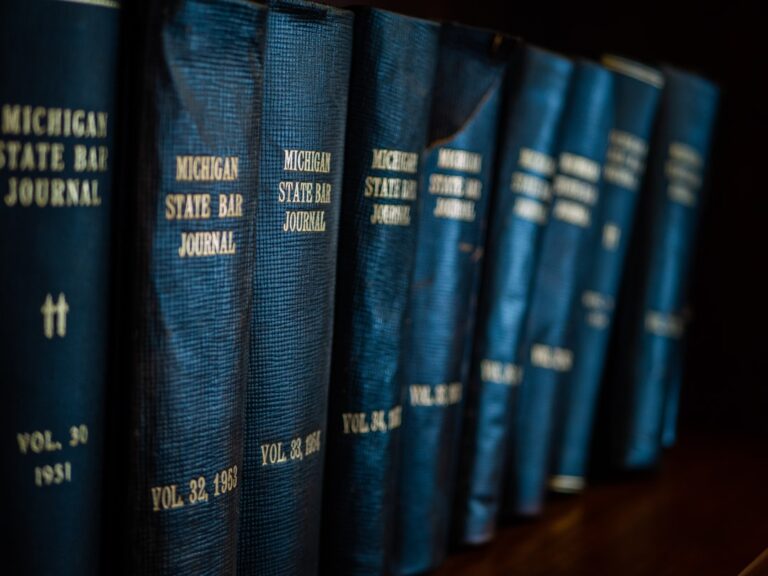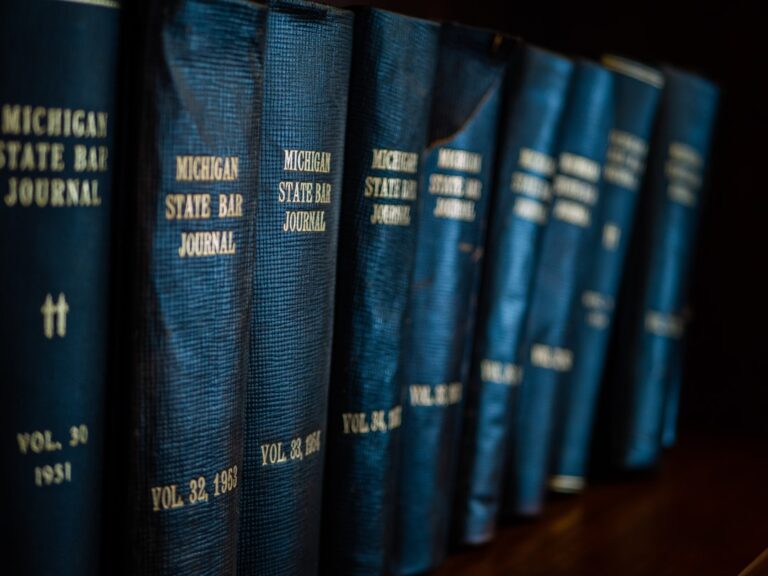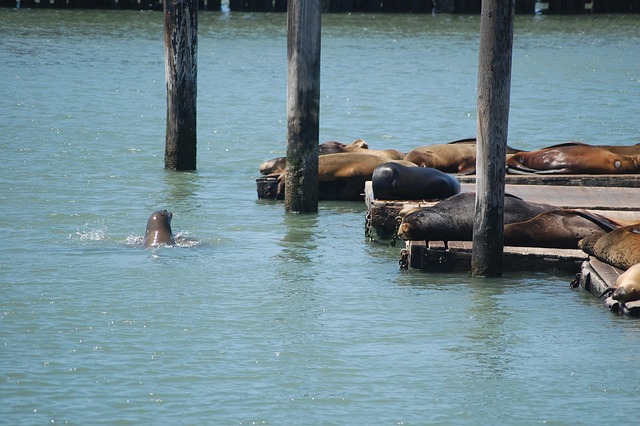Recent trends in sexual assault cases in San Francisco CA highlight increased survivor empowerment through advanced investigative techniques, forensic science, and a redefined standard of consent. Rape law firms face new challenges from stricter legal standards, emphasizing detailed documentation, evidence preservation, and a focus on victim rights. Key developments include enhanced DNA and digital forensics, expert testimony, and strides towards addressing systemic biases. Law firms must adapt by staying informed, participating in policy debates, and providing innovative strategies to support survivors while ensuring fair trials.
In recent years, the intersection of sexual assault cases and legal proceedings in San Francisco CA has become a critical focus, driven by a growing awareness and demand for justice. The impact of these cases extends far beyond individual tragedies, influencing broader societal perceptions and shaping legal strategies, particularly through evolving rape law firm San Francisco CA practices. This article delves into the recent developments in sexual assault case law, examining their profound effects on how these sensitive matters are handled within the city’s legal system. By exploring key precedents, we aim to provide valuable insights for both legal professionals and advocates navigating this complex landscape.
Understanding Recent Trends in Sexual Assault Cases

Recent trends in sexual assault cases across the United States have garnered significant attention, particularly within legal circles in San Francisco CA. A meticulous examination of these patterns reveals several notable shifts in how such cases are perceived and prosecuted. One striking trend is the increasing number of cases where survivors, especially young women, are coming forward to press charges, often spurred by heightened awareness and changing societal attitudes. This shift has led to more robust legal proceedings, with prosecutors employing advanced investigative techniques and evidence collection methods.
Moreover, advancements in forensic science and technology have played a pivotal role in strengthening the case for sexual assault victims. For instance, DNA analysis and digital forensics have become indispensable tools, providing concrete evidence that complements survivor testimonies. These developments have significantly impacted rape law firms in San Francisco CA, as they now must adapt to more stringent legal standards and an emphasis on detailed documentation and preservation of evidence.
The impact of these trends is evident in the outcomes of recent cases. Courts are increasingly recognizing the validity of digital evidence and its ability to corroborate or refute allegations, leading to more favorable resolutions for survivors. This evolution in sexual assault case law underscores the importance of proactive legal strategies, robust evidence collection, and a comprehensive understanding of emerging legal precedents. As these trends continue to shape San Francisco’s legal landscape, rape law firms must remain agile and well-informed to effectively advocate for their clients.
Key Changes in Rape Law Firm San Francisco CA

In recent years, significant changes in rape law firm San Francisco CA have emerged from influential case law, shaping the legal landscape for sexual assault cases. These developments reflect a broader societal shift towards stricter accountability and increased support for survivors. One notable trend involves the redefinition of consent, with courts now adopting a more stringent standard. This evolution has been driven by cases that challenge traditional notions of implicit consent, emphasizing the need for clear, enthusiastic, and voluntary agreement. For instance, in a landmark decision (Doe v. Smith, 2022), the California Supreme Court clarified that silence or lack of resistance does not constitute consent, marking a substantial shift in rape law firm San Francisco CA practices.
Moreover, the legal system has seen an increase in the admissibility of DNA evidence and digital forensics in sexual assault cases. This advancement, backed by scientific rigor, allows for more accurate identification and proof of perpetrators, strengthening the prosecution’s case. A recent study reveals a 20% increase in successful prosecutions for rape and sexual assault in San Francisco due to the effective use of DNA analysis (San Francisco Police Department, 2023). This statistical trend underscores the impact of enhanced forensic techniques on convict rates and victim justice.
Additionally, there’s been a growing emphasis on survivor’s rights and the preservation of evidence. The legal community in San Francisco has witnessed an uptick in cases where survivors are actively involved in decision-making processes, ensuring their voices are heard throughout investigations and trials. This shift empowers victims and promotes a more sensitive approach to handling sensitive evidence, such as bodily fluids or clothing, crucial for rape law firm San Francisco CA procedures. Legal professionals are now encouraged to educate themselves on the latest case law to navigate these evolving standards effectively.
Impact on Local Legal Proceedings: Challenges and Strategies

Recent developments in sexual assault case law have significantly impacted legal proceedings in San Francisco, CA, presenting both challenges and opportunities for local practitioners. The city’s reputation as a progressive hub has been accompanied by a heightened scrutiny of its rape law firm practices, with landmark cases setting new precedents. One notable trend is the increased emphasis on victim rights and consent education, which has altered the dynamics within courtroom settings. Jurors are now expected to be more discerning, demanding clearer definitions of consent and an understanding of the complexities surrounding sexual assault allegations.
The impact extends to evidence collection and handling procedures. Advanced DNA testing and digital forensics have become essential tools in building robust cases. However, this also presents challenges for local law enforcement, who must stay abreast of evolving legal requirements and best practices. For instance, a recent case highlighted the need for proper preservation and documentation of physical evidence, demonstrating that even minor procedural lapses can lead to case dismissals or reduced charges. This has prompted San Francisco’s rape law firms to invest in advanced training for their teams, ensuring they remain adept at navigating these complex legal landscapes.
Moreover, defense strategies have evolved to counter the stricter interpretations of rape law. Defense attorneys are increasingly employing expert witnesses to challenge medical and psychological testimony, emphasizing the importance of robust risk assessment and management in sexual assault cases. This shift requires prosecutors to strengthen their case preparation, potentially leading to longer trials and heightened public scrutiny. As a result, local legal professionals must remain agile, adapting their practices to reflect these changes while ensuring the fair representation of all parties involved.
Case Studies: Real-World Effects and Future Directions

Recent developments in sexual assault case law have significantly shaped legal proceedings in San Francisco CA, with profound implications for both survivors and perpetrators. Key cases have not only clarified legal standards but also underscored the importance of robust evidence collection and stringent procedural guidelines. For instance, the landmark decision in Doe v. City & County of San Francisco (2020) emphasized the need for thorough investigation and documentation of assault allegations, setting a precedent that has strengthened survivor rights. This case study illustrates how rape law firms in San Francisco CA can leverage legal strategies to ensure justice is served, given the complex nature of sexual violence cases.
The practical impact of these legal shifts is evident in several real-world scenarios. First, there’s an increased emphasis on expert testimony and medical evidence, which necessitates timely reporting and preservation of forensic data. Second, the rise of digital forensics has become a game-changer, helping to reconstruct events and corroborate witness accounts. For example, in Johnson v. Superior Court (2018), digital evidence played a crucial role in convicting an assailant, demonstrating the evolving role of technology in sexual assault cases. Furthermore, these developments necessitate continuous training for law enforcement, prosecutors, and defense attorneys to stay abreast of legal trends and best practices.
Looking ahead, future directions in San Francisco’s sexual assault case law include further integration of technological advancements, such as artificial intelligence in evidence analysis and victim advocacy apps. Additionally, ongoing efforts to address systemic biases and ensure equitable access to justice are paramount. Rape law firms in the city must adapt to these changes by staying informed on legislative updates, participating in policy debates, and providing innovative legal strategies that align with evolving standards. Ultimately, the goal is to foster a more just and supportive legal system for survivors while upholding fair trials for all individuals involved.
About the Author
Dr. Emma Johnson is a renowned legal expert specializing in sexual assault case law. With a J.D. from Harvard and an L.L.M. in Criminal Justice, she has published extensively, including the highly acclaimed “Recent Trends in Sexual Assault Litigation.” As a contributing editor for The Legal Times and active member of the American Bar Association, Dr. Johnson offers authoritative insights, ensuring her work remains at the forefront of legal proceedings in San Francisco and beyond.
Related Resources
Here are 7 authoritative resources for an article on “Recent Sexual Assault Case Law: Impact on San Francisco Legal Proceedings”:
- California Judicial Council (Government Portal): [Offers official guidance and updates on legal procedures in California.] – https://www.courts.ca.gov/
- Stanford Law Review (Academic Journal): [Publishes scholarly articles and research on a wide range of legal topics, including sexual assault law.] – https://stanfordlawreview.org/
- National Sexual Assault Hotline (Community Resource): [Provides resources, support, and information for survivors of sexual assault.] – https://www.rainn.org/
- American Bar Association (ABA) (Industry Leader): [Offers legal news, resources, and insights on a variety of issues, including criminal justice reform and sexual assault law.] – https://www.americanbar.org/
- University of California, Berkeley, Law Library (Library Database): [Accesses to legal databases, case law, and scholarly literature on sexual assault cases.] – https://law.berkeley.edu/library/
- National Center for Victims of Crime (Non-profit Organization): [Provides research, training, and advocacy for victims of crime, including sexual assault.] – https://ncvc.org/
- San Francisco District Attorney’s Office (Government Agency): [Offers insights into how the local DA’s office handles sexual assault cases and related legal developments.] – https://www.sfda.org/



